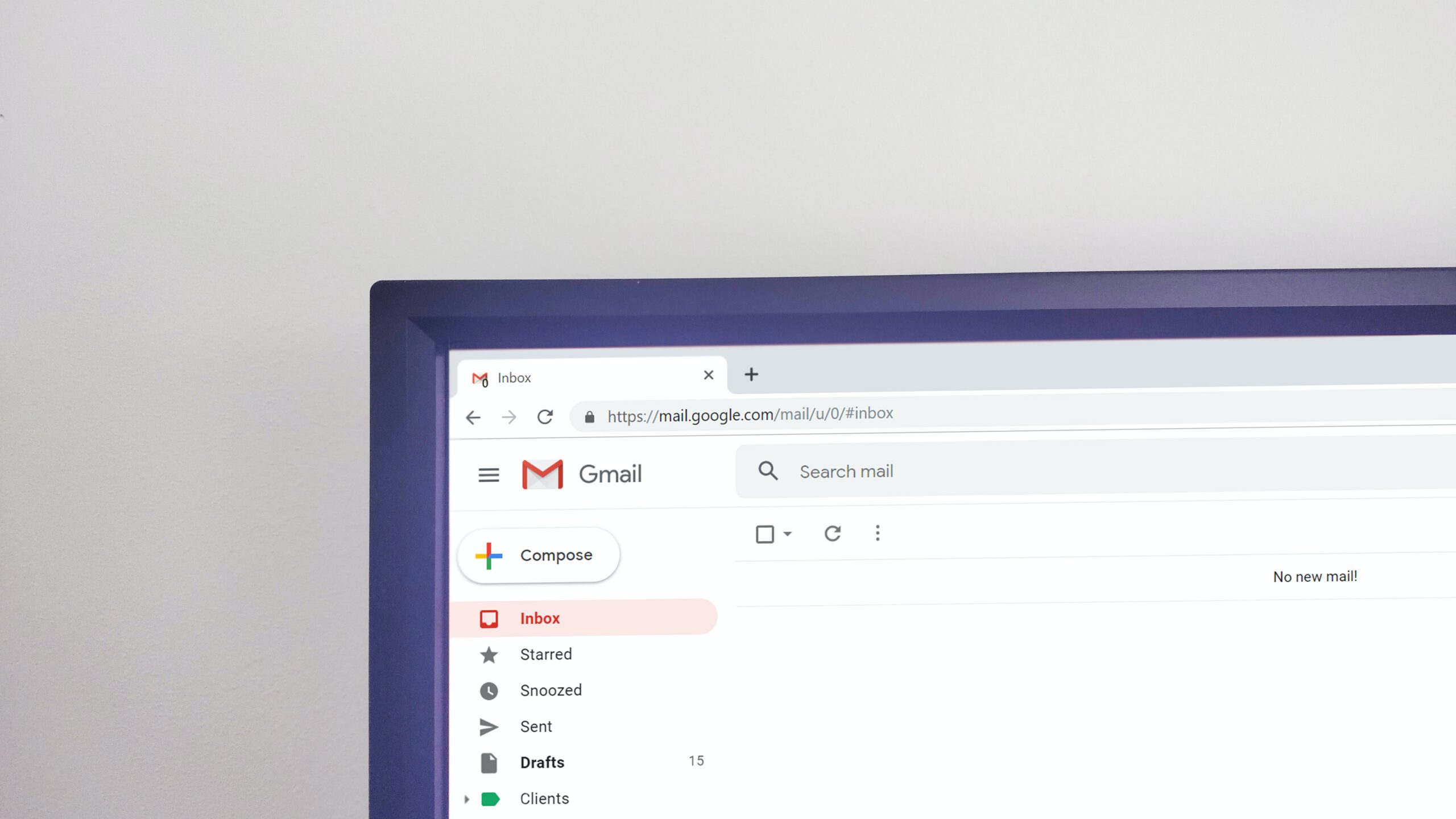The case for using social media to promote a B2C product or service is pretty clear at this point, but the value of social media isn’t as obvious for B2B businesses. If your B2B company isn’t currently active on social media — but you’re wondering if you should be — know that there’s a lot of benefit to be found in having a social media presence.
Read more: How to Launch Influencer Marketing in B2B
What Is the Business Value of Social Media?
B2B businesses can definitely benefit from social media efforts. Social media can help raise awareness and drive sales for business because, ultimately, those B2B purchasing decisions are still being made by a person or a group of people. And those people tend to be on social media for either work or pleasure. In fact, 22.7% of internet users
actively use social media for work-related networking and research.
Social media meets people where they are online. Most people already frequent Facebook, Twitter, Instagram, YouTube, TikTok, and other popular social media platforms. Therefore, posting on social media reduces the amount of work they have to do to interact with your content. This also means they are more likely to discover your company through their everyday interactions on social media.
Although, the impact and value of social media may not be quite as direct for B2B companies when compared to B2C. For instance, it’s pretty common for some users to see B2C products, such as makeup or clothing, promoted on social media and purchase them right away as a direct result of seeing the post. Because B2B purchasing decisions are more complex and take longer, social media usually acts as another touchpoint in a complex sales journey.
Read more: 3 Ways to Leverage Community-Based Marketing on LinkedIn
How to Use Social Media for B2B Companies
If you’re not sure how to get started with social media for your B2B company, here are 10 quick tips to help kickstart your social media strategy:
- Figure out the channels where your potential customers are and prioritize those. LinkedIn, Twitter, and YouTube are all popular choices, but don’t be afraid to look beyond the more traditional ones; alternative channels like Quora and Reddit might actually be a good fit for informative B2B brands.
- Determine the brand voice you want to use on social media, and make sure it aligns with your other marketing materials.
- Check out what your competitors are doing and brainstorm ways you can distinguish yourself from their social media presence; make your company stand out.
- Develop your social media strategy in concert with the rest of your marketing channels. They should all work together to educate followers about your product or service and nudge them toward a purchasing decision.
- Use social media to drive people to your website, newsletter, or other resources. Not every post needs a link, but a majority of them should have one.
- Selectively cross-post your social media content across different social media accounts to make it go the extra mile. Make sure images and other media are optimized for the specifications of each individual platform.
- Experiment with the days and times you post until you figure out which slots get the most engagement from your followers.
- Schedule your content calendar out in advance, so you can work ahead and maintain a consistent posting cadence.
- Implement tracking via Google Analytics or your analytics program of choice, so you can measure how social media is influencing your website traffic.
- As long as your employees are okay with it, use social media to put a human face on your brand by highlighting specific employees across various departments. This will help personalize your B2B company while maintaining brand voice.
Read more: B2B Influencer Marketing Campaigns & Outreach
How to Evaluate Your Social Media ROI
Determine Which Social Media Type to Use
There are two main types of social media: organic and paid. Organic social media is free except for the time it takes to create and post the content, whereas paid social media usually takes the form of boosted posts and ads.
Paid social media usually yields results faster, which is why
83% of B2B content marketers use social media advertising. However, you can experiment with organic social media to figure out what strategies and platforms work best for your business before starting a paid social media campaign.
Decide on KPIs for Established Goals
Even if you are only doing organic social media for now, it’s still a good idea to monitor the content you post to various platforms to track what is performing well and what’s not. To do this, you need to establish goals for using social media and decide on some KPIs to track.
If your goal is brand awareness, then you will probably want to track the number of impressions each post gets. If you are trying to promote your newsletter, track how many people click through from social media and sign up. You should also keep track of the time, as well as the money you spend per post and on social media overall.
Consistently Evaluate and Adjust Social Media Methods
It takes time to see the value of social media marketing, so check in every one to three months or so to see how your strategy is going and make adjustments as needed. For instance, if one channel just isn’t getting any engagement at all, consider pulling back from it and putting that effort into one of the more successful channels.
Or, if your engagement is falling, try posting on different days or times of day. Social media involves many different factors, which means that some experimentation may be necessary for achieving the full potential of your ROI.
Consider Using a Social Media Management Solution
Developing a social media management process for your B2B business can be a complex and time-consuming task. It often requires having an in-depth understanding of social media best practices, and typically involves managing multiple social media accounts at once.
If you’re feeling overwhelmed by the idea of managing all these social media channels, there are many tools available to help centralize and automate social media management. Contact us to get a free consultation with one of our expert advisors to find the perfect social media management tools for your B2B company.
Read next: TechnologyAdvice Social CRM Software Buyer’s Guide 




